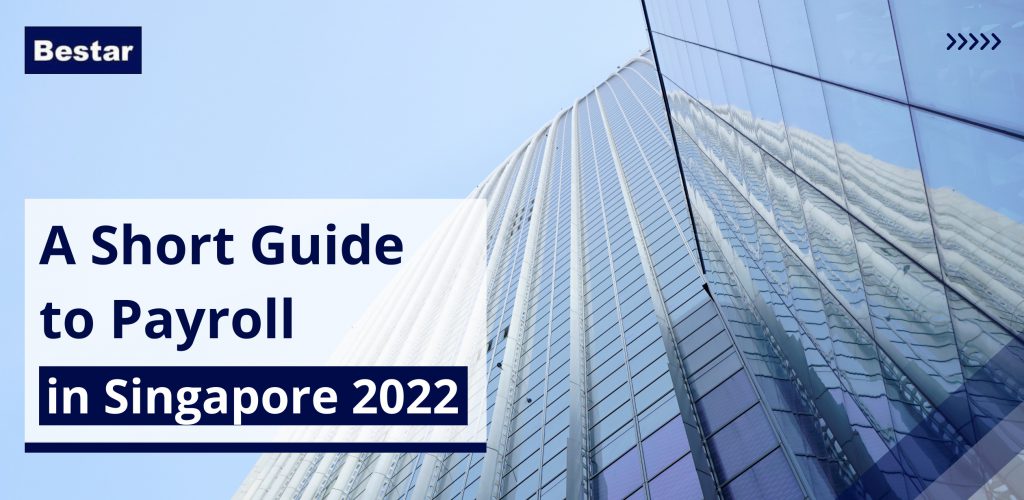In order to own, manage, and financially support a working team in Singapore, you need to be compliant with the state’s payroll processing requirements. As an employee too, you need to be well-versed in the payroll clauses so that you know your rights, eligibility for financial benefits, and perks while you work for a Singapore-based organisation.
This quick guide will help you get familiar with Singapore’s payroll management practices.
1. Monthly Salary Distribution System
Employers of Singapore-based companies are under obligation to disburse staff payments at least once a month within a stipulated time frame. They can even opt to pay remunerations at shorter intervals. Withholding salary is a punishable offence.
2. Itemised Pay Slips
As of April 2016, all employers must mandatorily issue payslips to their workers who are covered by the Employment Act. The payslip must include details like payment date, basic salary, allowances, overtime pay, the reason for deductions (if any), and salary period. Failure to comply with this will result in a fine.
3. Maintaining Employment Records
All employers are expected to keep at least two years of salary and employment records of all their working employees, and up to 1 year of records of all their ex-employees.
4. Leave Policy
All employees who have consistently worked at the same organisation for at least 3 months are entitled to annual paid leaves which is comparable with the amount of service given to the organisation. It is 7 days for 1 year of service, and 14 paid leaves in a year for those who have served for more than 8 years with the same company. Employees are eligible for paid maternity, paternity, sick, and hospital leave if they have served for more than 3 months in the same organisation. Those who have worked for less than three months are not eligible for paid leaves though.
5. Making Correct Overtime Calculations
When an employee works beyond normal working hours, the company is under obligation to make compensatory payments to them. This is called overtime pay. Singapore directs all employers to not impose overtime beyond 72 hours in a month on their employees. The expected overtime pay is 1.5 times the hourly basic rate of pay, and this should be cleared within 14 days of the last day of the salary period.
6. Central Provident Fund
The CPF is social security savings that call for mandatory fund contributions by employers and employees in Singapore to meet the employees’ post-retirement healthcare and housing needs.
7. Statutory Reporting Requirements
All companies that have 6 or more workers in their employment, must submit their remuneration information and report electronically to the IRAS by the 1st of March every year.
Small-sized businesses grow over time as they extend their services and engage more manpower. Managing payroll can be a complicated process for larger organisations.
As a professional payroll service provider, Bestar offers effective and affordable payroll solutions that cut out the stress of in-house management. Reach out to us with your requirements and our team will be glad to help.


